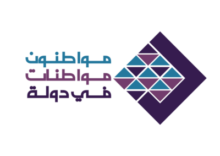Is the rule of sectarian taïfas eternal?
As Lebanon slipped into a violent civil war, sectarian taïfas became more powerful while the opportunity for establishing a state faded. The dynamics of this conflict were not initially sectarian, but it brought to the forefront new warlords, and armed militias further institutionalized sectarian taïfas. As the civil war ended through a multinational settlement these […]
